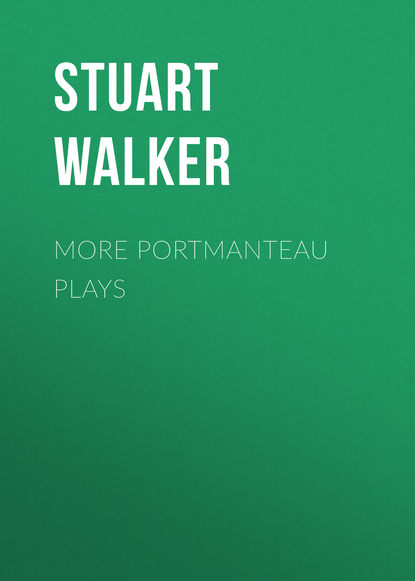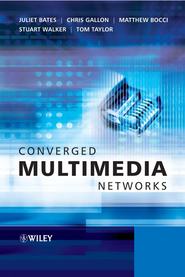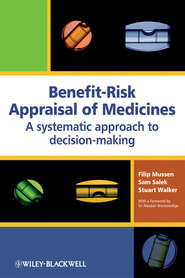По всем вопросам обращайтесь на: info@litportal.ru
(©) 2003-2024.
✖
More Portmanteau Plays
Автор
Год написания книги
2018
Настройки чтения
Размер шрифта
Высота строк
Поля
NATHANIEL
One might know it.
JOHN
You are still the same impractical theorist.
NATHANIEL
I am the same theorist—a little older, a little more travelled. The trouble with you, John, is that you think no age is important except your own. You always thought that, even when you were fourteen. Oh, I know I wasn't born then, but I know you.
JOHN
Did you come back to your home in order to lecture me?
NATHANIEL
No, no, I beg your pardon. I came back to see my home and Aunt Letitia and the children—and you, and I—I think—Jonathan.
JOHN
Nathaniel, when your letter came telling me that you had decided to come back to see us, I was going to ask you not to come—
NATHANIEL
I gave no address.
JOHN
But on second thought, I made up my mind to forgive you—
NATHANIEL
Thank you.
JOHN
To let bygones be bygones.
NATHANIEL
That is the better way, brother: let the dead past bury its dead.
JOHN
Why did you run away from home?
NATHANIEL
Because we couldn't agree, John.
JOHN
I was older than you; my judgment was mature; I was the head of the family, in my father's place.
NATHANIEL
We didn't speak the same language. I wanted something out of life that you couldn't understand; that my father couldn't understand. I determined to get it by myself.
JOHN
Well?
NATHANIEL
And so, I ran away.
JOHN
Leaving no trace, no word.
NATHANIEL
Oh, yes, I left a very important word—"Good-bye."
JOHN
You were willing to leave all the work of our father's business on my shoulders.
NATHANIEL
You were willing to take it all. And I wanted my freedom.
JOHN
You were selfish and heartless.
NATHANIEL
Selfish? Because I had my life to live and meant to live it?
JOHN
You should have told us where you were living.
NATHANIEL
I preferred to work out my salvation alone, without interference. My going away gave you a free hand. John, don't tell me that you were not overjoyed that my flight gave you all my father's fortune.
One might know it.
JOHN
You are still the same impractical theorist.
NATHANIEL
I am the same theorist—a little older, a little more travelled. The trouble with you, John, is that you think no age is important except your own. You always thought that, even when you were fourteen. Oh, I know I wasn't born then, but I know you.
JOHN
Did you come back to your home in order to lecture me?
NATHANIEL
No, no, I beg your pardon. I came back to see my home and Aunt Letitia and the children—and you, and I—I think—Jonathan.
JOHN
Nathaniel, when your letter came telling me that you had decided to come back to see us, I was going to ask you not to come—
NATHANIEL
I gave no address.
JOHN
But on second thought, I made up my mind to forgive you—
NATHANIEL
Thank you.
JOHN
To let bygones be bygones.
NATHANIEL
That is the better way, brother: let the dead past bury its dead.
JOHN
Why did you run away from home?
NATHANIEL
Because we couldn't agree, John.
JOHN
I was older than you; my judgment was mature; I was the head of the family, in my father's place.
NATHANIEL
We didn't speak the same language. I wanted something out of life that you couldn't understand; that my father couldn't understand. I determined to get it by myself.
JOHN
Well?
NATHANIEL
And so, I ran away.
JOHN
Leaving no trace, no word.
NATHANIEL
Oh, yes, I left a very important word—"Good-bye."
JOHN
You were willing to leave all the work of our father's business on my shoulders.
NATHANIEL
You were willing to take it all. And I wanted my freedom.
JOHN
You were selfish and heartless.
NATHANIEL
Selfish? Because I had my life to live and meant to live it?
JOHN
You should have told us where you were living.
NATHANIEL
I preferred to work out my salvation alone, without interference. My going away gave you a free hand. John, don't tell me that you were not overjoyed that my flight gave you all my father's fortune.







